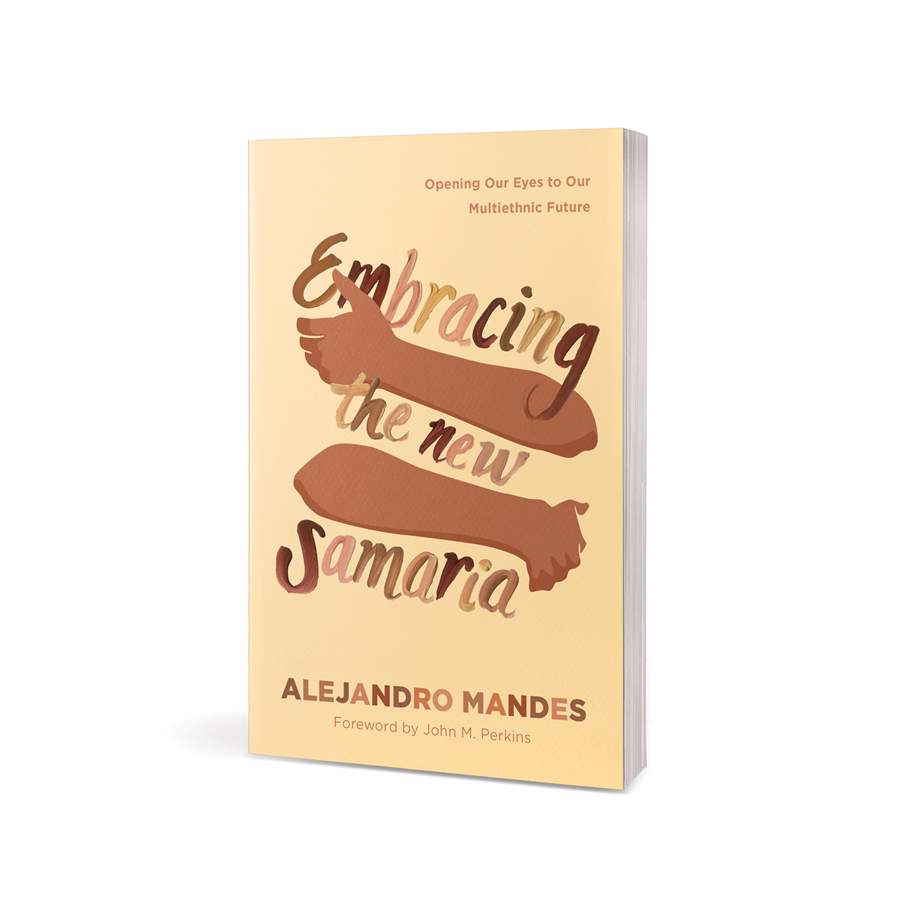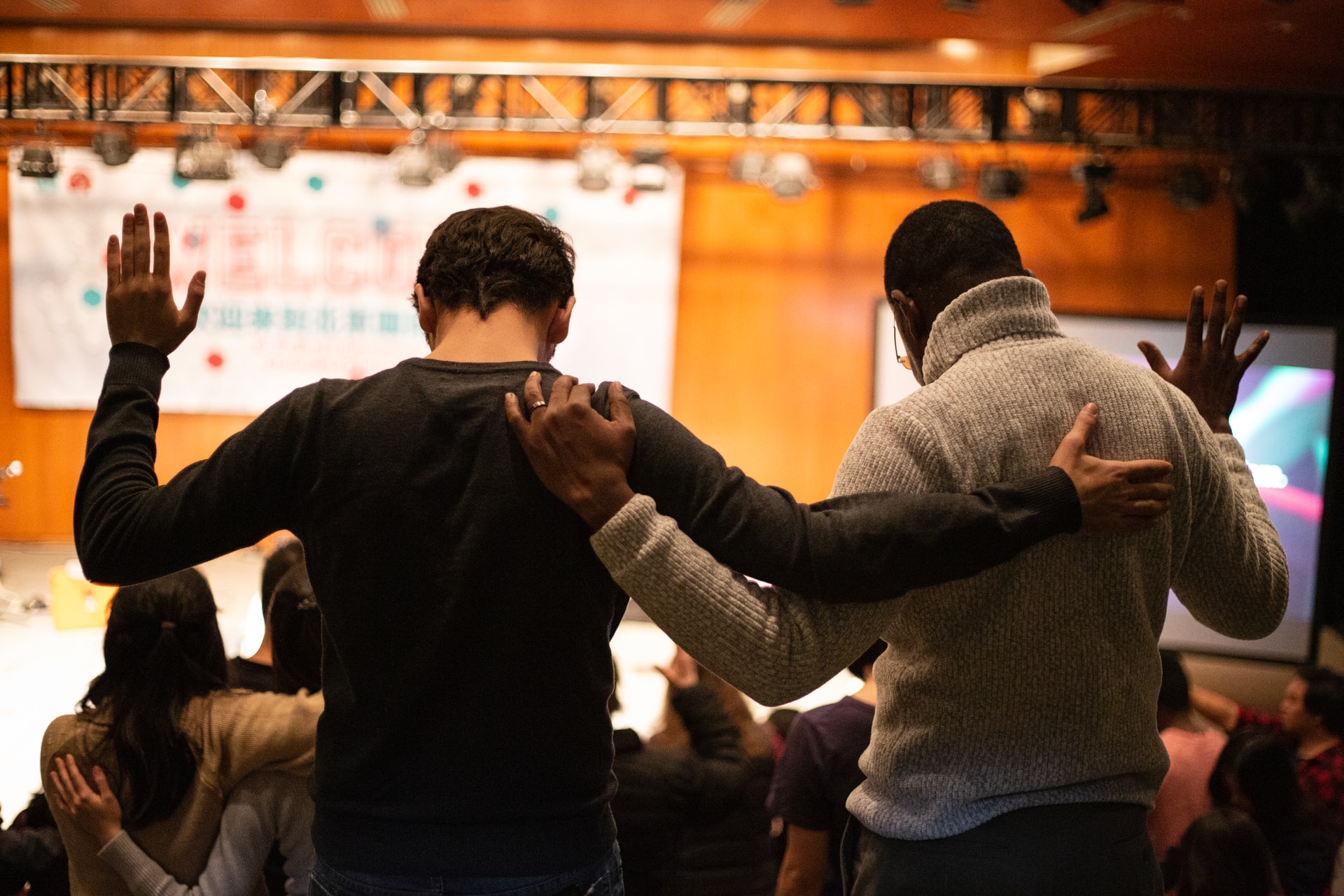When Dennis and Joy, who are white, decided to join an African American church, the first thing they discovered was that the worship was very different than what they were used to. It was loud, repetitive, and went on for so long that they had to move to a “dead spot” in the sanctuary so that they could make it through the worship set. It took a while for them to get used to this new style of worship, but eventually they came to appreciate the beauty in how their black brothers and sisters worshiped the Lord. It wasn’t a programmed, clear start and finish, going-through-the-motions Appreciating the Beauty of Other Cultures kind of way. The repetition and call-and-response elements made it easy to participate. There was space for the Holy Spirit to speak since they weren’t in a rush to move on to the next thing. It was lively, and the Spirit of God was visible. Years later, Dennis and Joy found themselves visiting a white church. After the worship ended, Joy remarked to Dennis, “Well, that worship was boring. But at least it was short!” They had opened up their hearts to a different way of doing church, and they came to love and value the differences.
Perhaps one of the best learning opportunities available in a diverse church setting is studying the Bible with people of different backgrounds and cultures. Zach Szmara is a white pastor of a multiethnic church called the Bridge Community Wesleyan Church in Logansport, Indiana. He has had a front-row seat in experiencing the richness of different cultures. Specifically, it has enriched his understanding of the Bible. After growing up listening to Bible stories from the same perspective, he realized as an adult just how much his biblical interpretation has been influenced by white, Western men. He’ll never forget the moment he heard an interpretation of John 4 from a woman who had been sexually exploited in her past. To see this woman’s reaction to Jesus offering the Samaritan woman water, and elevating her instead of abusing her, opened Pastor Zach’s eyes to the Scripture in a way he had never seen. The more time he has spent around marginalized people, the more he realizes that they see things in the Bible that he completely misses—and his teaching and preaching has improved because of it. As Christians, we are all rooted in seeing things from one perspective. When we open ourselves up to different cultures and perspectives, we will inevitably see more of God.
As an ethnic minority who has spent a lot of time in both minority- and majority-culture Christian contexts, I have found that taking the posture of a cultural explorer is of great value. When I encounter a culture that is different than mine, I look for similar cultural connections in order to create a tangible sense of unity, as well as take note of differences and ask myself what those characteristics teach me about God. Leaning into our connections, coupled with our common faith, lowers our sense of isolation and makes our ministry together more effective. I admit, this requires a bit of cultural literacy that increases with experience, but I implore you to not be intimidated, even if you are just starting on the journey. If we all enter in with a humble posture and lots of grace, there is so much we can learn from one another.
The Beauty of Teamwork
Part of my dream is to see Christians learn how to harness the power of diversity within the church. Fritz Dale, one of my mentors in my denomination, constantly hammered into me the value of teamwork amidst diversity. We had the leaders of different ministries (women’s, students’, ethnic minority, church planting) come together on our denominational leadership team for the specific purpose of building synergy. Those who know me know how much of a basketball fan I am, especially for my home team, the San Antonio Spurs. I have learned that I am not just biased; San Antonio really is where some of the best basketball is played. Sports commentators have long spoken about how the team’s diverse culture, team synergy, and commitment to the purity of the game— while avoiding the flair seen in other popular NBA teams—has made them so successful.
“Beautiful basketball” is a phrase that many sports writers have used to describe the way the Spurs play together as a team. Here are some of the reasons why:
- The Spurs not only have a diversity of personalities and styles of playing, but they also have a diversity of ethnicities Appreciating the Beauty of Other Cultures represented. In fact, they have had the most international players of any other NBA team. This international dynamic has helped them to be more team oriented, as opposed to individual centric.
- Everyone on the court is equal. This quality starts with their coach, Gregg Popovich, who does not allow for any ball hogs. Popovich will call out the superstar for criticism as quickly as the rookie. The players respect each other. You rarely see them screaming at each other, even if a mistake is made during the game.
- They emphasize the fundamentals of the game, such as ball movement, which is indicative of good teamwork. They are all focused on the same goal—putting more points on the board than the other team. In fact, the essence of their victory comes with their unselfish passing of the ball around in such a way that opposing teams can’t defend against it. That kind of synergy does not happen by practicing a lot or having the best players. Their greatness comes from playing for each other. It comes from knowing their differences and yet applying those differences to the greater goal.
Beautiful Ministry
In general, the church over the years has not played beautiful ministry. We have been more characterized by individualistic approaches, lack of unity, focusing on the wrong things, and being satisfied with a few marquee leaders that attract a crowd. If we are to be effective in ministry, we need to hold three things in equal tension:
- God’s creation of diversity is good! If we want to win, we must quit running from it; we must embrace it and see it as his gift to reach the nations among us.
- We need to play fundamentals. We need to make sure those fundamentals are not ethnocentric but bibliocentric.
- We all, from superstars to rookies, need to hold the values of mutual respect, love for team members as God’s gift to the team, and winning for the glory of God.
When I hear stories about churches like New Life and Bridge Community, I get the sense they are engaged in beautiful ministry. It doesn’t happen from one day to the next; there is a sequence that takes time to unfold. It starts with acknowledging the diversity surrounding our churches, then welcoming diversity into the church, then celebrating diversity as a church, then harnessing the power of diversity within the church, and finally, unleashing a diverse church into the wider world.


